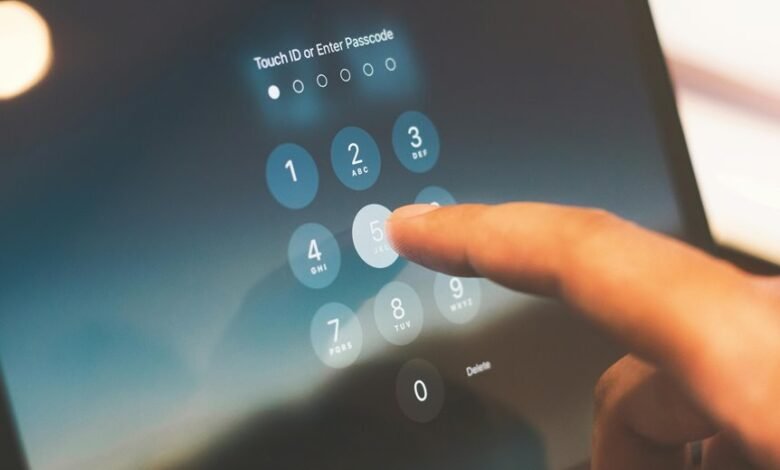What to Know About 8194559400

The number 8194559400 has raised concerns among individuals regarding its potential as a source of telemarketing or unsolicited calls. An examination of its usage patterns could reveal whether it serves commercial purposes or personal inquiries. As privacy remains a priority, understanding the implications of such calls is essential. This situation invites further scrutiny into how one should manage interactions with unknown numbers and the broader context of data protection.
Potential Identity of 8194559400
What could the number 8194559400 signify in the context of identity verification?
This number may represent a potential owner linked to various caller motives, such as soliciting information or confirming personal details.
Analyzing the communicative patterns associated with this number could reveal insights into the identity verification process, raising questions about privacy and the right to control one's own information in a data-driven society.
Possible Uses and Contexts
The number 8194559400 can serve multiple functions within various contexts, particularly in telecommunications and data management.
It may be utilized for telemarketing calls, reaching potential customers with targeted offers. Additionally, it can function as an emergency contact number, providing essential communication in critical situations.
Understanding these applications underscores the significance of this number in both commercial and personal spheres.
Tips for Handling Unknown Numbers
When confronted with an unknown number, individuals should adopt a systematic approach to assess the situation effectively.
First, utilize caller ID apps to identify spam numbers and determine the legitimacy of the call. If deemed unwanted, promptly block unwanted calls to maintain privacy.
This proactive stance not only safeguards personal information but also enhances overall communication freedom in an increasingly connected world.
Conclusion
In conclusion, the number 8194559400 exemplifies the increasing prevalence of telemarketing calls, with studies indicating that nearly 50% of all mobile calls in the U.S. are spam or scam related. As individuals navigate these unsolicited communications, employing strategies such as caller ID apps and proactive call blocking can enhance personal privacy. By remaining vigilant and informed, consumers can better manage their interactions with unknown numbers, safeguarding their data in a rapidly evolving digital landscape.





